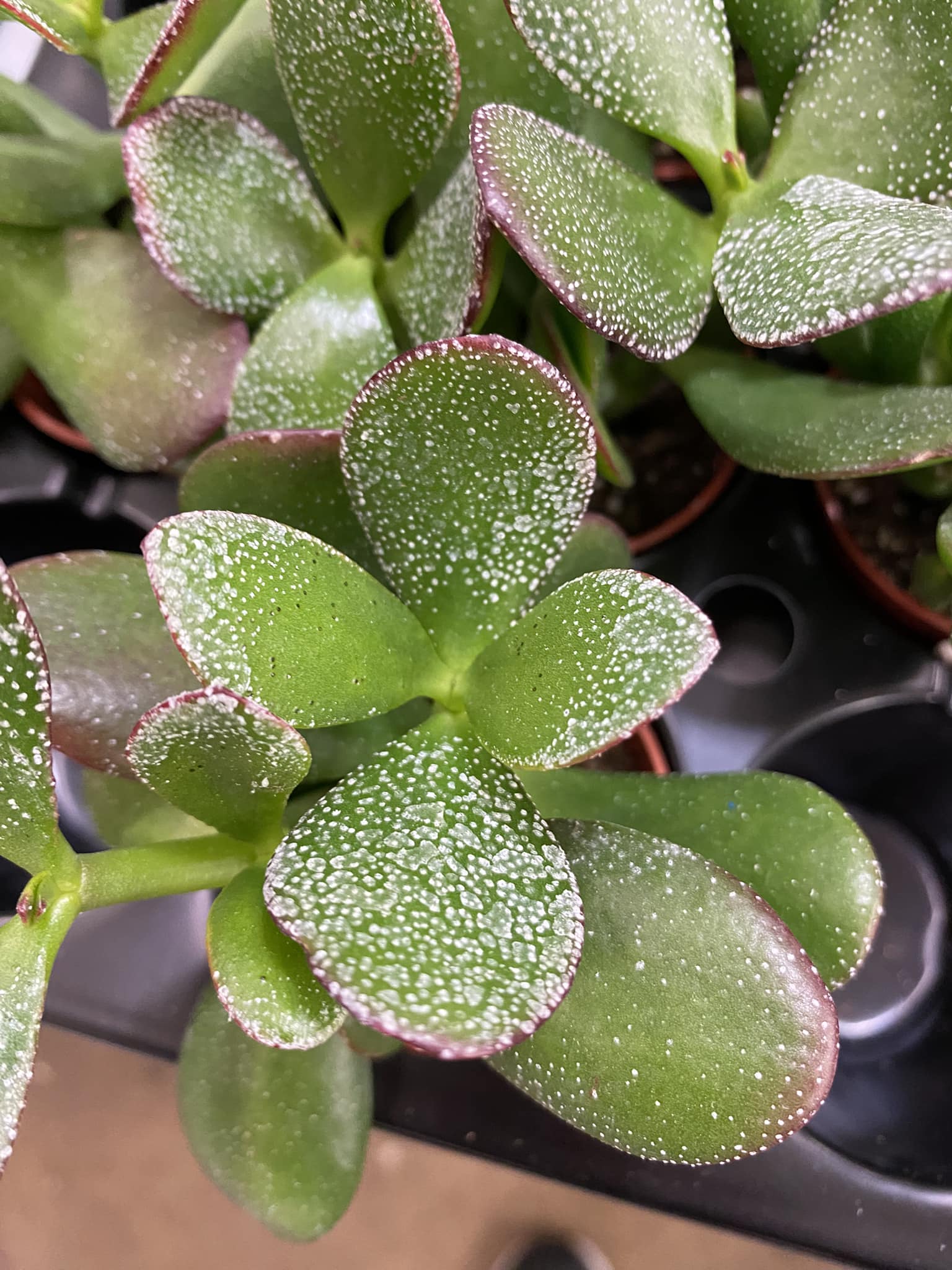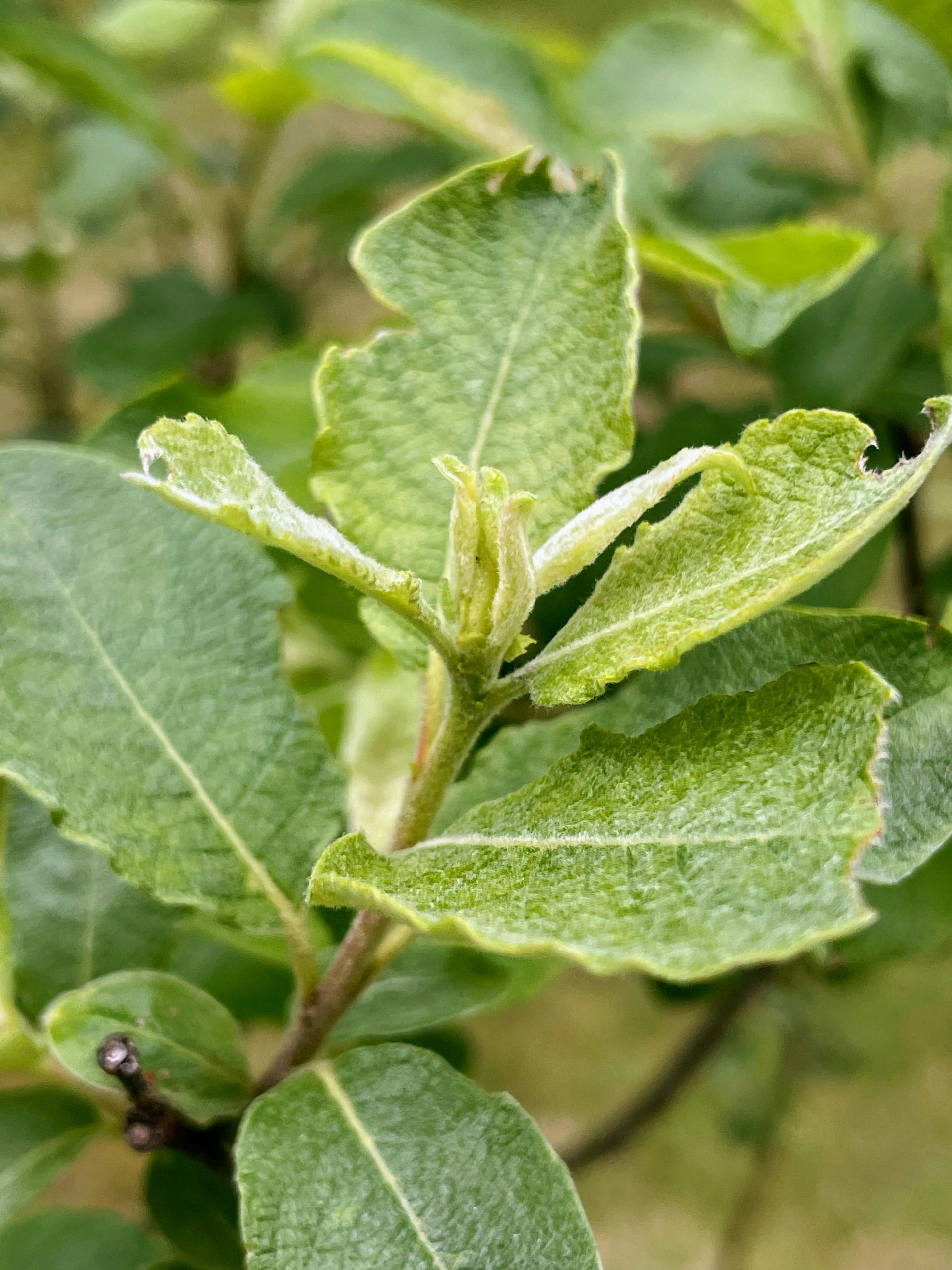Mealybugs are white, fuzzy, or waxy-appearing, cotton-like insects that infest succulents, houseplants, flowering plants, and citrus trees. They are members of the pseudococcidae family with close relations to the plant-sucking insects like aphids, scales, and white butterflies.
There are numerous Mealybug species with similar life cycles and feeding habits. They suck plant juice, leading to loss of growth and leaving behind a honeydew sticky residue of undigested sugar.

Image credit: Succulent Lovers Facebook Group
The sticky residue can lead to the development of sooty mold, which is capable of cutting sunlight through a plant. Mealybugs are found in small crevices, such as leaf-stem joints and the undersides of leaves.
Certain mealybugs are concealed in soil and on roots, which makes them harder to find. Mainly drawn to citrus plants and tropical species such as fiddle leaf figs and hibiscus, they are able to transfer to other plants that are nearby.
How identify mealybugs
Mealybugs prefer infesting succulent or soft-stemmed plants since they are softer and more easily accessed for feeding. The most common plants that are infested with mealybugs include citrus trees, houseplants, ornamental plants, grapes and succulents. Mealybugs are quite easy to identify since their minute bodies are covered with white powdery coating of wax.

Image credit: Succulent Lovers Facebook Group
How to remove mealybugs
There are many easy ways to get rid of mealybugs in your plants. These insects can encourage mould to grow on your plants therefore it is essential to make a steady plan and action to remove them from sucking on your plants.
If there is a small affected area, it can be pruned to prevent the further spread of the rest of your plant.
Two tablespoons of neem oil and a few drops of dish soap solution can help manage the spread of mealybugs in your plants. Apply this solution on affected plants for at least 1-2 weeks for best results.
Mealybugs may be small, but their impact on plants can be significant if left untreated. Recognizing their signs early and taking consistent action is key to protecting your plants from damage.
With regular monitoring and simple natural remedies like neem oil, you can keep your garden or indoor plants healthy and free from these pesky invaders.
ALSO SEE: GARDEN PESTS TO WATCH OUT FOR THIS UPCOMING SEASON
Featured image: Succulent Lovers Facebook Group

